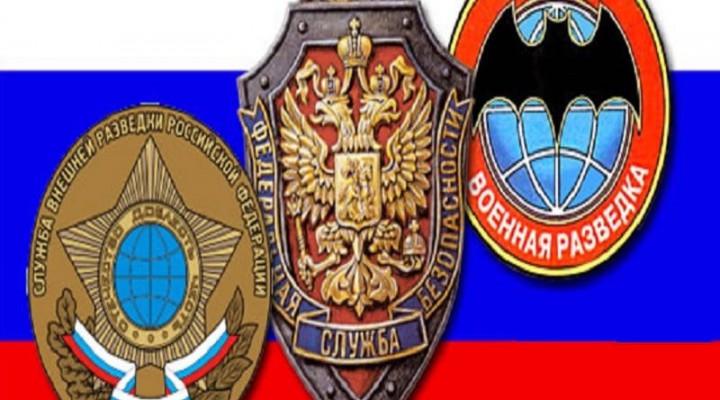These Are The Five Tasks That Putin Told Russia’s Security Services To Prioritize

Each of these is important in their own way, but when considered collectively, they provide a clearer picture of Russia’s contemporary security challenges.
President Putin congratulated his former colleagues on Security Agency Workers’ Day, during which time he set out five tasks for them to prioritize. These are as follows:
1. Fighting terrorism in the newly reunified regions of Novorossiya;
2. Rooting out traitors, spies, and diversionists;
3. Stepping up work on border security;
4. Countering divide-and-rule ethno-extremist narratives;
5. And continuing traditional tasks like combatting corruption.
Each of these is important in their own way, but when considered collectively, they provide a clearer picture of Russia’s contemporary security challenges.
It’s obvious that Russia’s unconventional security concerns have become heightened as a result of the special operation, which it was forced to commence in order to defend the integrity of its national security red lines in Ukraine after NATO crossed them there. The resultant proxy war between the Golden Billion’s American leader and the jointly BRICS– & SCO-led Global South’s Russian member is the most dangerous conflict of the New Cold War over the direction of the global systemic transition.
With that in mind, it makes sense why the first of the five tasks that President Putin set out for Russia’s security services to prioritize is fighting terrorism in the newly reunified regions of Novorossiya. Kiev’s fully NATO-backed but Ukrainian-fronted forces continue targeting civilians there as part of their Hybrid War of Terror on Russia. These acts of asymmetrical aggression are being advanced because the Golden Billion’s proxies lack the conventional means to change the Line of Control (LOC) as it presently stands.
Their terrorist attacks, both in terms of those typically associated with this unconventional method of warfare as well as comparatively more traditional ones related to spotting civilian targets for missile strikes, are supported behind the LOC by traitors, spies, and diversionists. This observation smoothly segues into the second task connected to rooting out those foreign intelligence assets, with a priority focus on Novorossiya but also the other border regions and the rest of Russia more broadly.
The third task is directly related to the preceding two and concerns stepping up border security so that terrorist assets can no longer infiltrate across the LOC. This particular task is extremely complicated though since many of those crossing the frontier do so legally as refugees, which is why the priority must now turn towards more effectively vetting them. Nevertheless, Russia’s security services are obviously up to task and will certainly accomplish this sensitive mission.
Moving along, the fourth priority refers to the information warfare dimension of “Democratic Security”, which in this context involves countering weaponized divide-and-rule ethno-extremist narratives. “The Political Fantasy To ‘Decolonize Russia’ Is Doomed To Fail Due To Its People’s Patriotism”, but that socio-politically reinforcing concept must continually be supported in the face of increasingly creative infowar means aimed at sowing the seeds of hostility between Russia’s historically cosmopolitan people.
And finally, the last task is simply for the security services to continue doing what they’ve always done in order to keep everything running like before. To that end, it’s imperative to keep up the country’s anti-corruption crusade, maintain the protection of its information resources (which is connected with the fourth task but also involves cybersecurity as well), and continue investigating economic crimes. These priorities will enable Russia to safeguard its socio-economic development during these difficult times.
President Putin had a point in reminding his former colleagues that “State security, the stability of society, and the reliable provision of the rights and freedoms of Russian citizens are the most important results of your work” when wrapping up his address to them on their professional holiday. As he earlier declared in his speech, “Throughout the entire history of our Fatherland, security agencies have been a reliable pillar of the state”, and this is just as important nowadays as it was during World War II.
https://korybko.substack.com/p/these-are-the-five-tasks-that-putin
 TheAltWorld
TheAltWorld 
0 thoughts on “These Are The Five Tasks That Putin Told Russia’s Security Services To Prioritize”